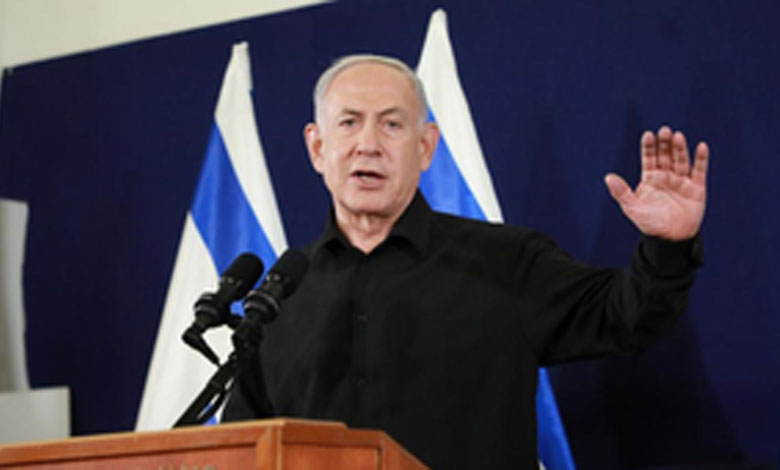Ceasefire with Gaza: Will This Hostage Exchange Bring Peace or Renew Conflict?
The Israeli government has approved a ceasefire agreement aimed at securing the release of hostages held in Gaza, according to an announcement from Prime Minister Benjamin Netanyahu's office. The deal, approved during a lengthy cabinet meeting, is set to take effect on Sunday.

Jerusalem: The Israeli government has approved a ceasefire agreement aimed at securing the release of hostages held in Gaza, according to an announcement from Prime Minister Benjamin Netanyahu’s office. The deal, approved during a lengthy cabinet meeting, is set to take effect on Sunday.
Table of Contents
Ceasefire Agreement Details
The framework involves a phased exchange of hostages and prisoners. In the first phase, three Israeli women held in Gaza will be released alongside 95 Palestinian prisoners, reported Xinhua news agency.
Prime Minister Netanyahu confirmed the approval, stating, “The framework for the hostages’ release will come into effect on Sunday.” The agreement was supported by 24 cabinet ministers, with eight voting against it.
US Support and Conditions for Resuming Conflict
Netanyahu disclosed during the meeting that US President-elect Donald Trump assured Israel of renewed arms supplies. “This is important because if we do not reach the second phase of the deal, we will have additional tools to return to fighting,” Netanyahu explained. Trump’s backing includes support for resuming military action if the ceasefire terms are violated.
Far-Right Opposition and Security Concerns
The ceasefire agreement faced opposition from far-right ministers Itamar Ben-Gvir and Bezalel Smotrich, who demanded guarantees for resuming military operations after the first phase. Despite initial disputes, Hamas confirmed its commitment to the deal on Friday.
Also Read: Firefighters Gain Ground Against Deadly California Wildfires – What’s Next?
Humanitarian Aid Provisions
As part of the agreement, humanitarian aid will be allowed into Gaza. The UN Relief and Works Agency (UNRWA) has prepared 4,000 truckloads of essential supplies, including food, fuel, and medicine, to address the dire needs of displaced Palestinians.
What’s Next?
The first phase of the ceasefire agreement is expected to serve as a test for both sides. The international community will closely monitor its implementation, which may shape the path for future negotiations or renewed hostilities.
